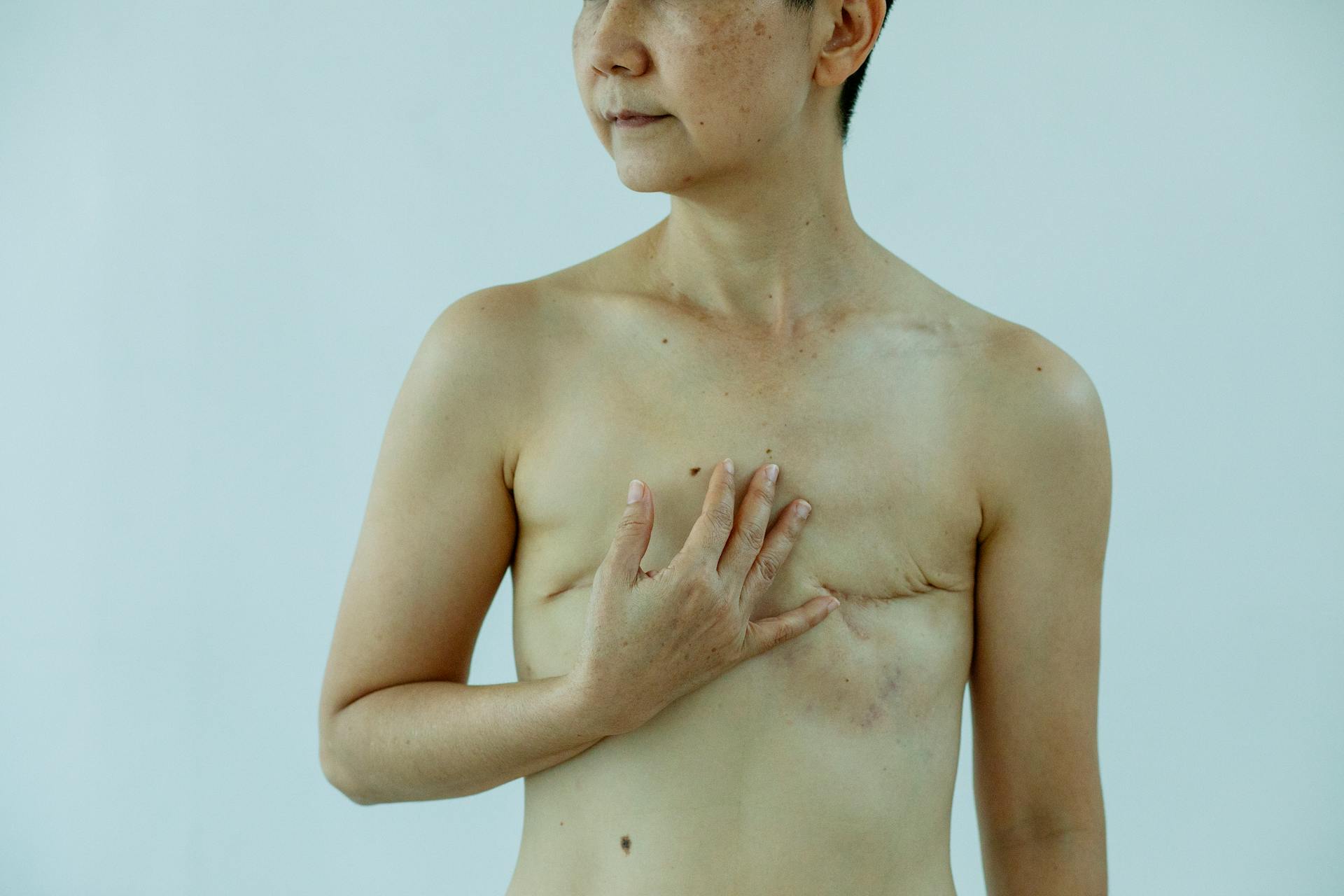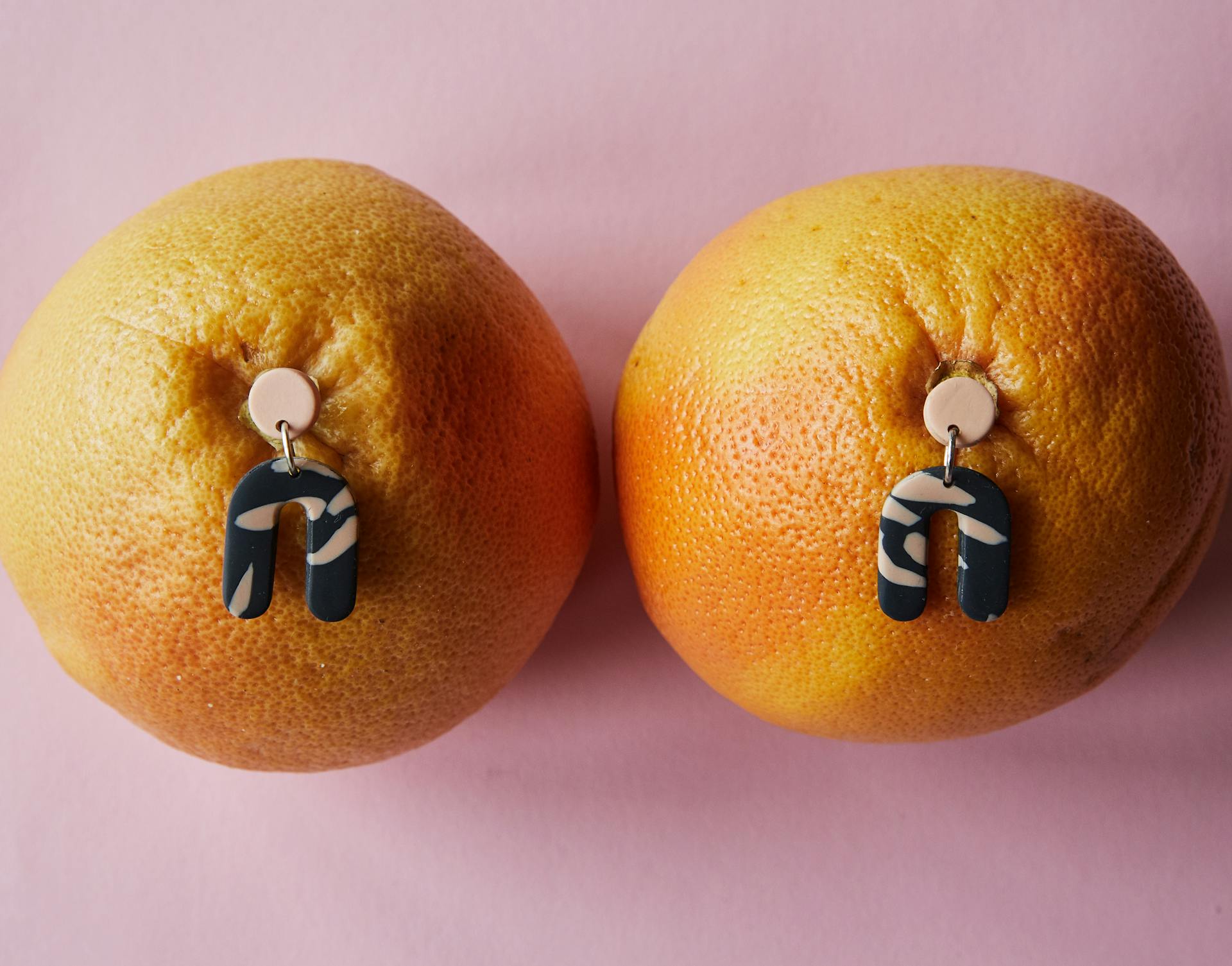
Breast implant cancer is a genuinely scary thought for any woman who has undergone the procedure. With news stories circulating recently about breast implants connected to a rare kind of cancer, it's important to stay informed about what's going on. The U.S. Food and Drug Administration (FDA) requested that a manufacturer voluntarily recall specific models of textured breast implants from the market due to their link with breast implant-associated anaplastic large cell lymphoma (BIA-ALCL).
The FDA took significant action to protect women by releasing a statement today regarding the recall, which includes all textured implant types from Allergan. As per the FDAs July 24 release, reads Allergan complied with the request, as they agreed that these breast implants potentially causing cancer was too serious of an issue to ignore. Understanding the specifics of this type of breast implant recall is crucial for anyone who has received breast implants or is considering them in the future.
Unveiling the Truth About Breast Implant Cancer Recall

Breast implants are a popular choice for breast augmentation, but not all implants are created equal. Biocell textured breast implants and tissue expander devices have been recalled due to concerns about their safety. These implants have been linked to a rare form of cancer called BIA-ALCL, which can develop around the scar capsule that naturally forms as part of the healing process after surgery. The FDA explains that this recall applies to Allergan's Biocell textured breast implants, including Biocell tissue expanders.
The macro-textured variety of breast implant essentially has bigger deeper divots in its surface than a smooth implant. Biocell refers to this unique type of macro-textured surface, which is why it is called biocell textured. Generally, textured implants sold in the United States making up 10 percent of the market share compared to France and Canada, where they break things down into two categories: smooth and textured implants, with approximately 80 percent being textured. According to the American Society of Plastic Surgeons (ASPS), about 5 percent of women who receive breast implants choose a macro-textured variety.
The FDA explains that this recall covers all Allergan's Biocell textured breast implants, including Biocell tissue expanders. This complete list of recalled products is available on the FDA's safety communication. BIA-ALCL appears to be directly linked to these specific manufacturers' product appeared; there is evidence indicating significant patient harm, including death. To protect women's health, FDA Principal Deputy Commissioner Amy Abernethy MD PhD states in the organization's press release that they will continue working with stakeholders "to ensure we are communicating information as quickly and accurately as possible," adding that "We remain committed to studying BIA-ALCL across all device types and using all available data to better understand this issue."
Should You Remove Your Implants? What You Should Know
With recent news about "breast implant cancer," you may be wondering if you should remove your implants. First of all, it's important to note that the risk of developing this cancer is very low. Secondly, it's totally bonkers advice to remove your implants without consulting with a medical professional first. If you're worried about the safety of your implants, schedule an appointment with Dr Clemens or another qualified surgeon to discuss your options and make an informed decision.
Signs Your Body May Be Battling ALCL

If you have undergone breast implant surgery, it is important to be aware of the potential risks associated with the procedure. One possible complication that has been receiving increased attention in recent years is anaplastic large cell lymphoma (ALCL). There are two types - systemic ALCL and cutaneous ALCL. Symptoms of systemic ALCL include swollen lymph nodes, fever, night sweats, and weight loss.
Cutaneous ALCL presents with skin symptoms that may include skin lesions that don't heal and persistent swelling at the site of the implants. If your doctor suspects BIA-ALCL, they may recommend a fine needle aspiration or tissue biopsy to confirm the diagnosis. It is important to note that not all women with breast implants will develop this condition, but if you experience any of these symptoms, it's essential to seek medical attention right away.
Excess fluid around the implant can also be a sign of BIA-ALCL. If you notice any changes in your breasts or if you have concerns about your health after undergoing breast implant surgery, don't hesitate to reach out to your physician immediately. Early detection and treatment are crucial for a favorable outcome.
About breast implants and ALCL

Breast implants have been linked to a rare immune system cancer called anaplastic large cell lymphoma (ALCL). According to a 2018 study, the annual incidence of BIA-ALCL is estimated to be 0.025 cases per 100,000 people. While this might seem like a small number, it's important to note that this type of breast cancer can be deadly if not treated promptly.
The risk of developing BIA-ALCL increases with age - the highest incidence rates are seen in women between the ages of 50 and 70. However, the absolute risk of developing this type of cancer remains small, as estimated by the study authors.
In July 2019, the FDA alerted healthcare providers about the association between breast implants and BIA-ALCL. The agency informed doctors that there have been 573 cases of BIA-ALCL reported worldwide, with 33 deaths attributed to this disease. Allergan breast implants were found to have a higher risk for developing BIA-ALCL than other types of breast implants, which led Allergan to voluntarily recall its Biocell saline and silicone-filled textured breast implants as well as tissue expanders in July 2019.
Could Your Breast Implants Raise Cancer Risk?
Breast implant cancer, also known as breast implant-associated anaplastic large cell lymphoma (BIA-ALCL), is a rare type of lymphoma that can develop after receiving textured surface implants. The risk of developing BIA-ALCL is higher in women with textured surface implants compared to those with smooth surface implants or textured tissue expanders. The FDA estimated that the risk of developing BIA-ALCL from Allergan Biocell Textured Implants is 6 times higher than the risk associated with other types of textured implants.
The reason textured implants are associated with a higher risk of BIA-ALCL aren't clear, but it's believed that the rough surface may allow bacteria to grow and cause inflammation in the surrounding tissue. Genetic factors may also play a role in some cases. However, it's important to note that the overall risk of developing BIA-ALCL is still very low.
When considering breast implants, it's important to weigh the potential risks and benefits. While there is a small increase in BIA-ALCL risk associated with textured implants, large studies have shown no significant difference between silicone versus saline implants when it comes to overall cancer risk. It's essential to discuss your individual situation with a board-certified plastic surgeon before making any decisions about breast augmentation surgery.
The Ultimate Solution: How to Make the Right Decision

Breast implant cancer, also known as BIA-ALCL, is an extremely uncommon disease that affects only a small number of women. The good news is that it is highly treatable when caught early. Dr. Clemens, an expert in breast implant surgery, adds that the real risk of developing BIA-ALCL is quite low.
When making the decision to undergo top surgery or breast reconstruction, it's important to consider all the facts. One important part of this process is understanding the risks involved, including the possibility of developing BIA-ALCL. However, it's essential to keep in mind that this is a rare occurrence and that most women who undergo breast surgery do not develop this disease.
If you're considering breast implant surgery or reconstruction, there are 6 things you should know about BIA-ALCL and 9 things you can do to reduce your risk. Additionally, there are 7 fascinating ways to recover from top surgery and prevent complications. Remember that while there are some risks associated with breast implants, they are generally safe and do not increase your risk of developing breast cancer. Talk to your doctor about any concerns you may have and make an informed decision based on all the available information.
Unlock Vital Health Updates and Insights
Are you aware of the latest updates on breast implant cancer? As a responsible individual, it is important to stay updated with the latest news and insights about your health. To do this, all you need to do is to unlock appointments access with your local healthcare provider.
While breast implants have been widely accepted as an aesthetic enhancement for many women, it has also been linked to a rare form of cancer called Breast Implant-Associated Anaplastic Large Cell Lymphoma (BIA-ALCL). By staying up-to-date with regular checkups and appointments access, you can receive vital health updates and insights on how to properly care for yourself and your implants. Don't wait until something happens before you take action – make sure that you are informed about the potential risks of breast implants so that you can make informed decisions about your health.
Could These Implants Be Linked to Cancer?
Breast implants have been in use for decades, but only recently has a potential connection back to cancer been publicly noted. Specifically, breast implant-associated anaplastic large cell lymphoma (BIA-ALCL) has been identified as a concern by the FDA. As of February 2019, there have been 60 reported cases worldwide, prompting a safety update from the agency.
Dr. Clemens, a plastic surgeon studying BIA-ALCL, explains that while the accumulating data shows a strong association between textured implants and this type of cancer, it's important to note that each case is unique. In some instances, patients had smooth implants or tissue expanders. The Plastic Surgery Foundation recognizes 735 unique cases worldwide with 33 patient deaths.
The FDA bases these numbers solely on medical device reports (MDRs) submitted by manufacturers and healthcare providers. Out of the 573 cases they received reports on, the FDA reports that 481 can be linked to specific implant manufacturers - with 84 percent being Allergan implants. In fact, Allergan Biocell Textured Implants are associated with a risk up to six times higher than other textured implants or smooth implants. It's worth noting that out of the 92 cases linked specifically to Allergan implants in the U.S., Biocell implants make up 7 percent and another manufacturer called Mentor makes up another 7 percent; the remainder occurred with unknown manufacturers.
Frequently Asked Questions
Do breast implants really cause cancer?
There is no conclusive evidence that breast implants cause cancer, but they may complicate the detection of breast cancer during screening. It's important to discuss any concerns with your doctor and regularly attend breast screenings.
Do breast implants ever need to be replaced?
Yes, breast implants may need to be replaced due to complications such as leakage, rupture, or capsular contracture, and also as a personal choice to change the size or shape. It is recommended that women with breast implants have regular check-ups with their surgeon to monitor the condition of the implants.
Do Textured breast implants cause BIA-ALCL?
Yes, textured breast implants have been linked to a rare form of cancer called BIA-ALCL. However, the risk is still considered low and can be minimized through proper monitoring and care. It is important to discuss any concerns with your doctor before undergoing breast augmentation surgery.
Does wearing a bra increase breast cancer risk?
No, there is no scientific evidence to suggest that wearing a bra increases the risk of breast cancer.
What is BIA-ALCL lymphoma?
BIA-ALCL lymphoma is a rare type of cancer that has been linked to certain breast implants. It affects the immune system and can cause swelling, pain, and fluid buildup around the implant. If you have breast implants and are experiencing symptoms, it's important to talk to your doctor.
Featured Images: pexels.com

